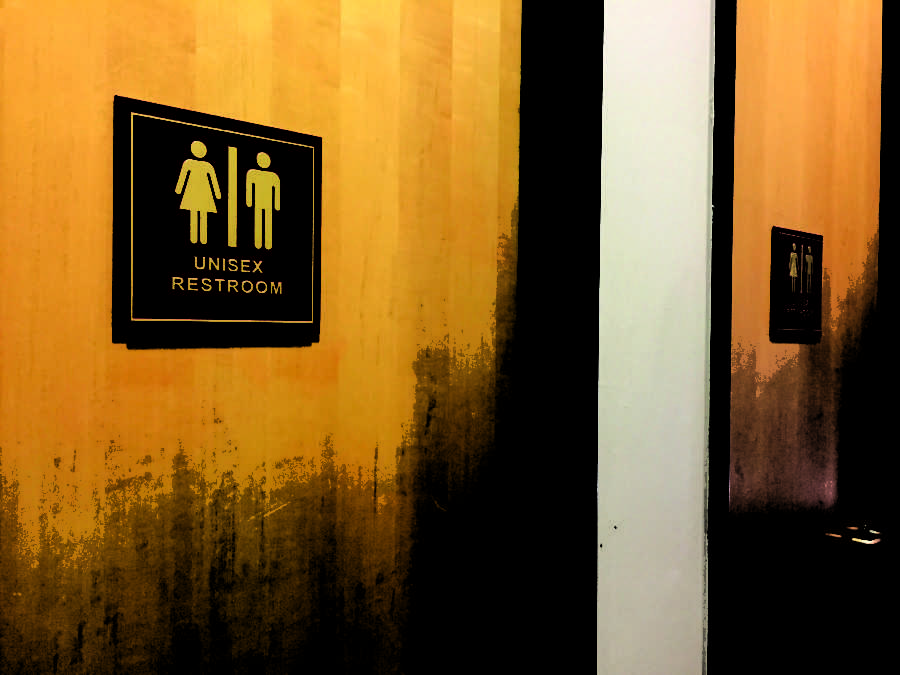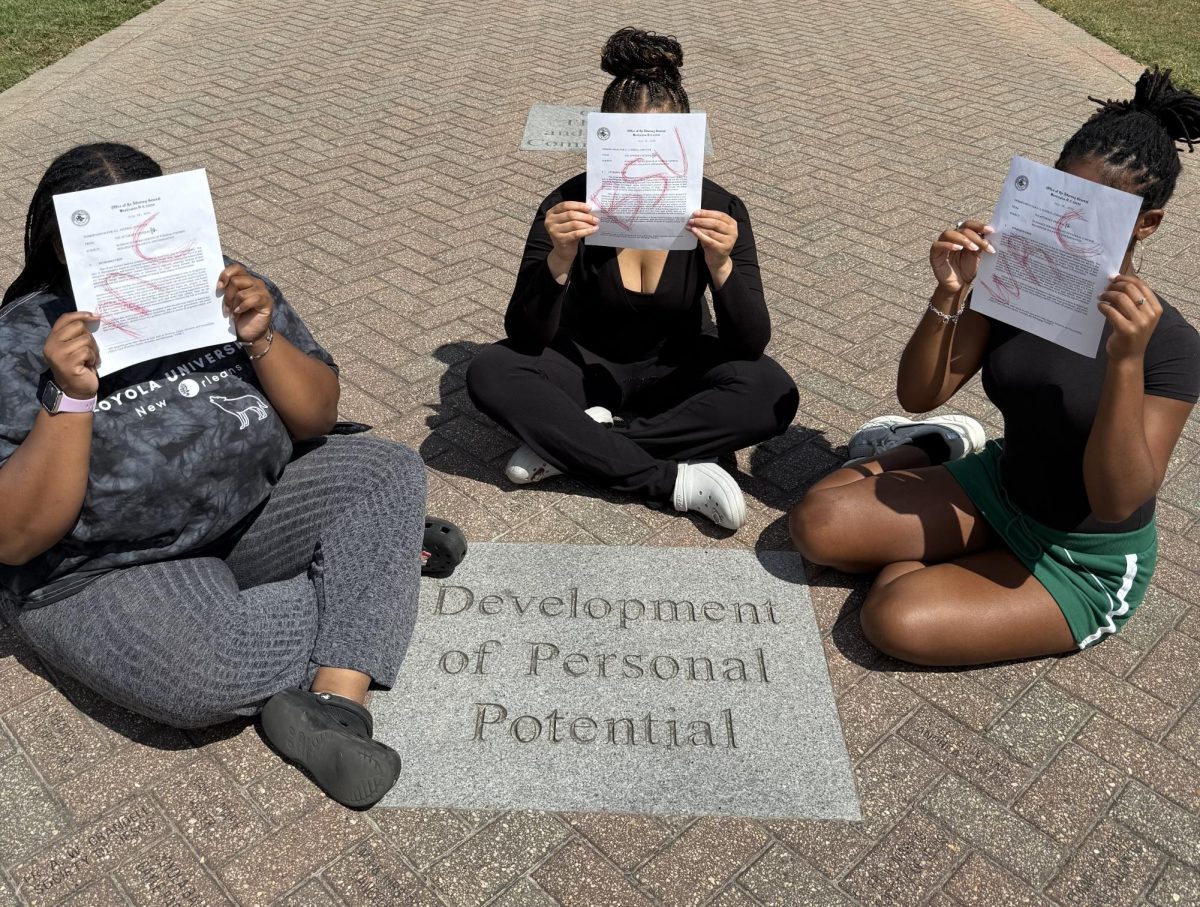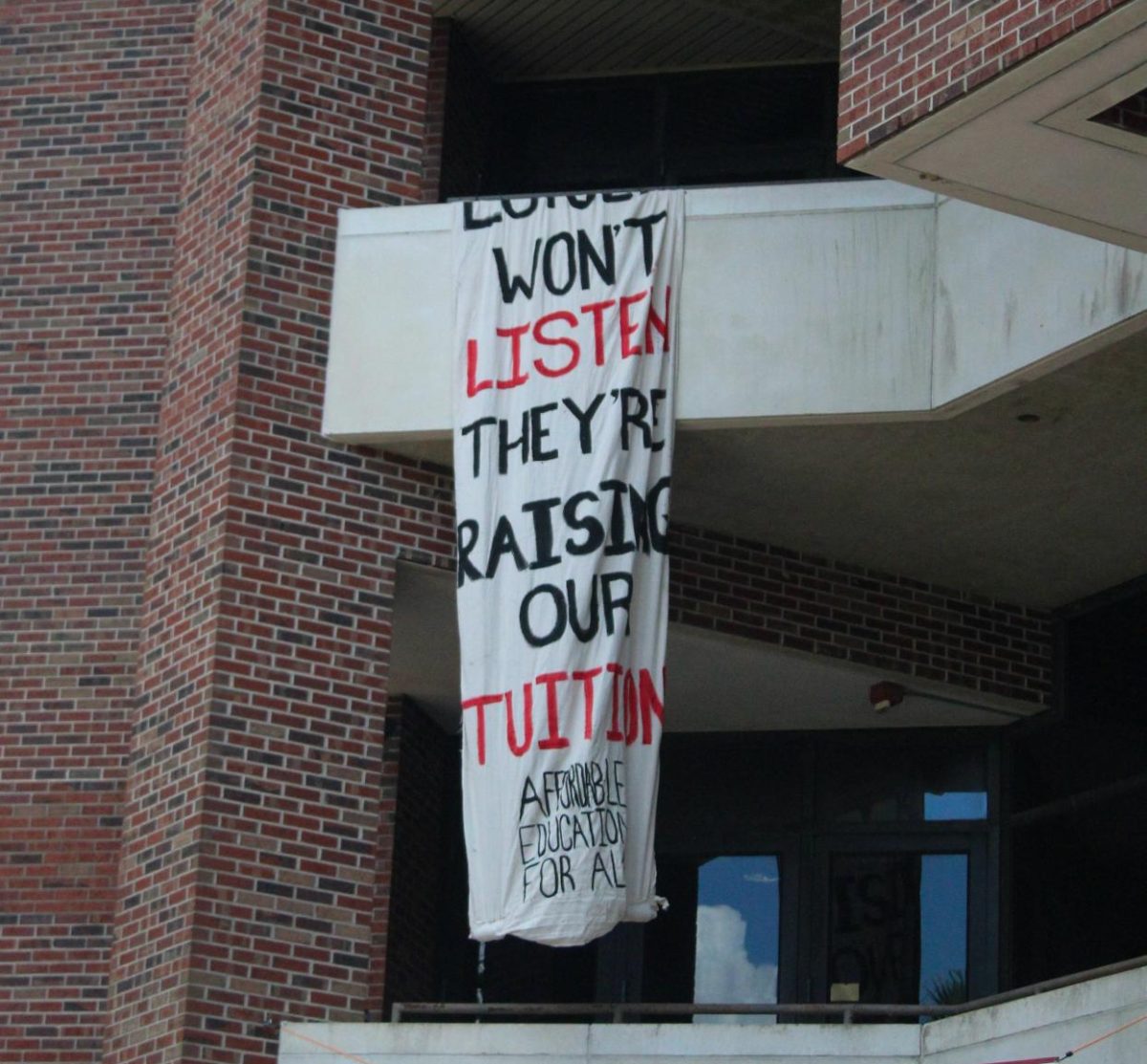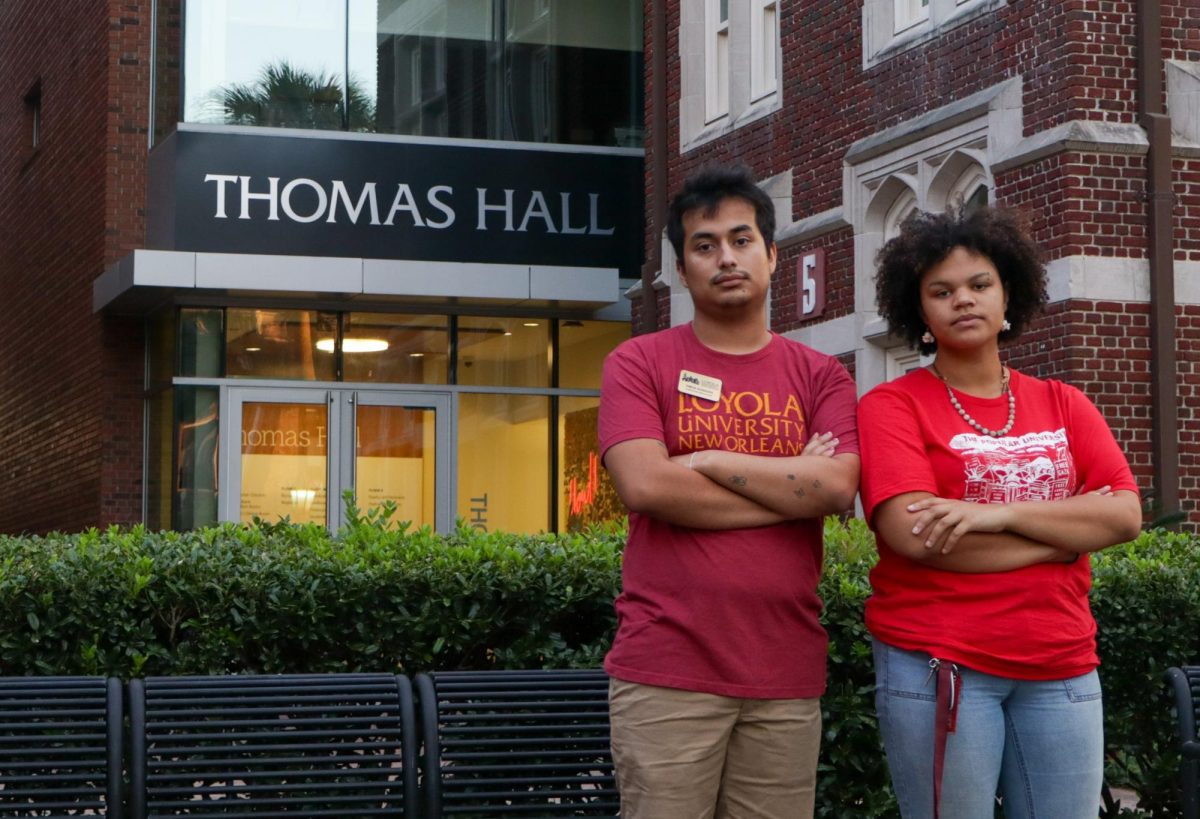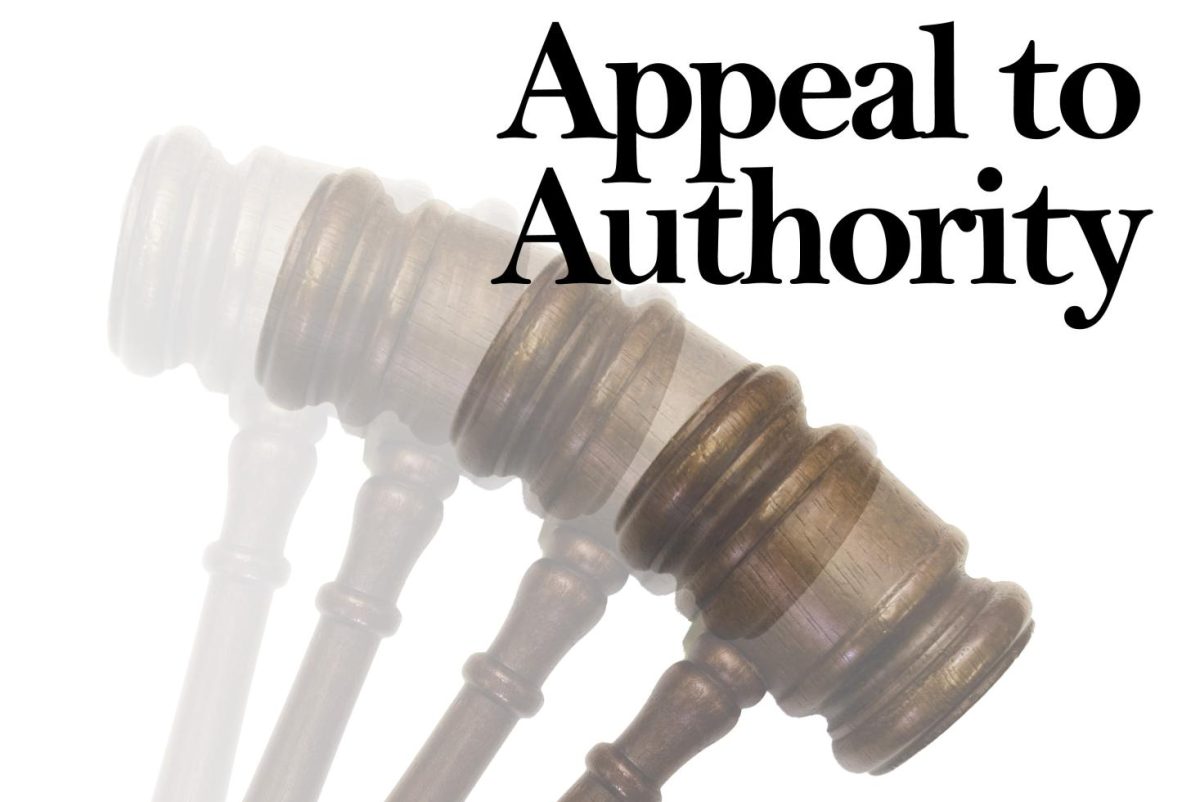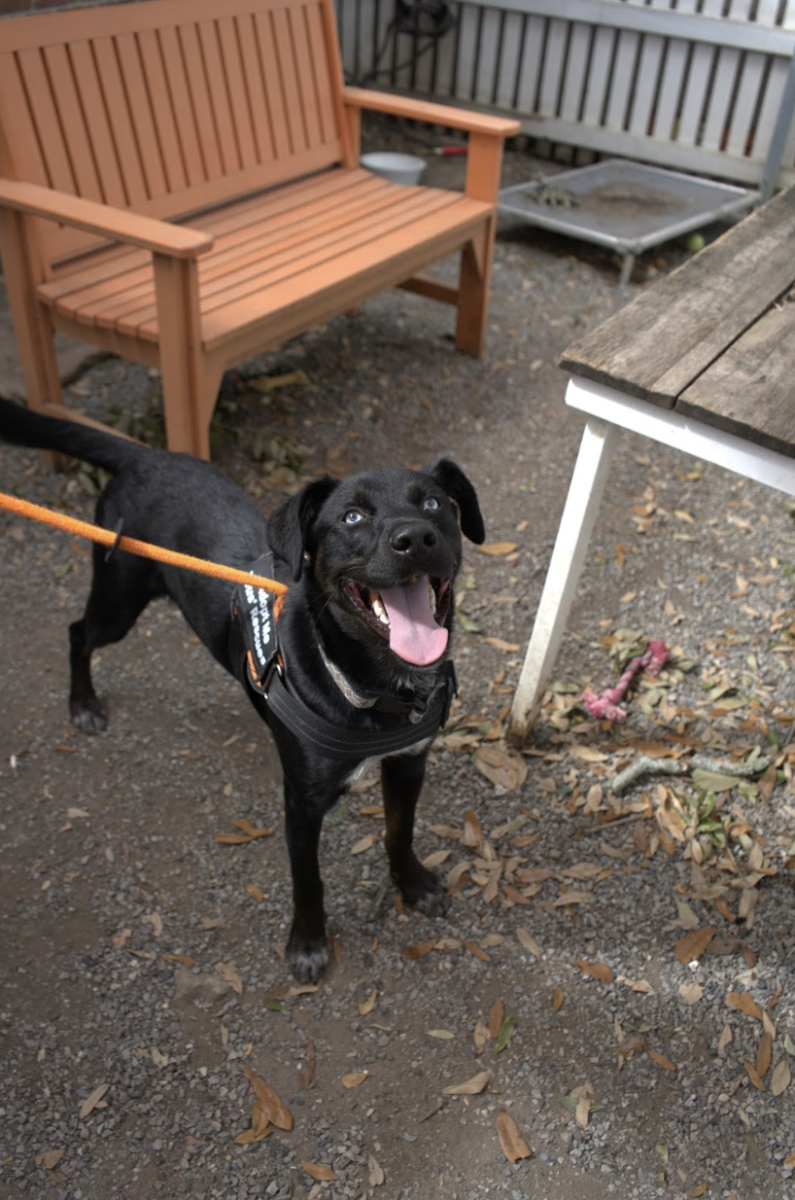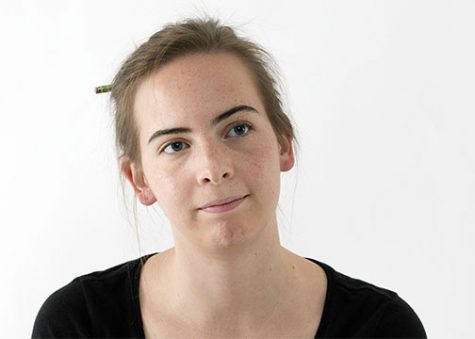Managing college and gender transition isn’t easy, but Loyola has begun making developments to support transgender students.
Although Loyola doesn’t keep statistics on how many transgender students are enrolled here, according to Patricia Boyett, director of the Women’s Resource Center, the university is starting to develop policies and resources to help these students.
One of the few policies already in place is Loyola’s preferred name change system. Although it wasn’t developed for students who are transitioning, Kathy Gros, director of student records, said three transgender students have already used it for that purpose.
Gros, who manages the name changes, said she feels strongly about helping transgender students feel comfortable at Loyola.
“Changing a preferred name may be a simple step to take care of on my end, but I know how important this is to our transgender population for our university community to refer to them as the gender they identify with,” Gros said.
To change their preferred names, students meet with Gros, provide identification and complete a form. Students can set up meetings via phone or email. Once the name is changed, students can request a change to their email addresses and student IDs.
Students also have the option of entering their preferred name when they apply to Loyola.
Neither Corey Ford nor Jo Gehringer, both transgender seniors, have requested name changes with the university, though Ford is in the process of having his name legally changed. If his legal name changes, the university will change it too.
“I was okay with just talking to professors, but I really cared more about getting official documents the way I wanted,” Ford said.
Gehringer also opted to tell her professors her preferred names and pronouns independently. Gehringer, an English major, said this part was easy for her.
For Ford, an economics student, it wasn’t so simple. There are some professors he still hasn’t told because he was worried about their reactions.
And even with well-meaning professors, other students aren’t always understanding.
Ford said that in one class, his professor asked the students to introduce themselves with their preferred names and pronouns.
“It was really nice of a gesture, but then a lot of classmates were like, ‘Psh, why do we have to do that?”’ Ford said. “There was one guy who was like, ‘I would like the pronoun she,’ and then everyone starts snickering and he was like ‘yeah, that’s a joke.’”
Another challenge facing transgender students is the bathrooms on campus.
The university has made several bathrooms unisex in recent years, including bathrooms in Monroe Hall, Mercy Hall, Monroe Library and each residence hall.
Both Gehringer and Ford use the Monroe bathrooms if necessary, but both said they preferred to use the restroom at home before coming to school. Ford said he tries not to drink water at school to avoid having to use the public bathrooms.
“Sometimes I’d rather not go to the bathroom,” Ford said.
Naomi Yavneh, director of the University Honors Program, said one unique challenge in communicating resources to students is Loyola’s Catholic identity. In his 2016 apostolic exhortation, Pope Francis wrote that “biological sex and the socio-cultural role of sex (gender) can be distinguished but not separated,” a stance that the United States Conference of Catholic Bishops has reiterated.
It can be difficult, Yavneh said, to find a place to display resources for students while not publicizing them so much that they draw criticism from Loyola’s more conservative stakeholders.
Yavneh has helped several honors students, including Ford and Gehringer, through their transitions. Due to the mental strain involved, both students saw their grades drop in the semesters when they started their transitions.
Ford never withdrew from his classes but did stop attending them. He is now working to retroactively withdraw from some of those classes with Yavneh’s help.
“I think the combined stress just made me go, ‘I don’t really want to go to school,’ and eventually, through help of friends, I went back,” Ford said.
Gehringer also didn’t withdraw but finished the semester with a few incomplete grades that she worked with Yavneh to remedy this semester.
“It’s been hard to get to class,” Gehringer said last semester. “It’s gotten a lot better, but leaving the house has been scary if I’m dressed a certain way or presenting a certain way. It’s just nerve-wracking for me because I don’t know if people will think I’m weird if they’ve known me a certain way for three years.”
Yavneh hopes to put a “grace period” protocol in place to give students some academic leeway during a gender transition, though these plans are still in development.
In addition to these resources for transgender students, there are programs to educate the community about transgender issues.
The Women’s Resource Center hosted two workshops called Transgender 101 and Transgender 102 last semester. Boyett said she hopes to host another workshop this semester.
Loyola’s Office of Student Involvement also hosts Q-Advocate trainings each semester. These three hour sessions are meant to train students in inclusive language, gender inclusive pronouns, specific issues faced by LGBT students and campus resources and policies related to LGBT students.


